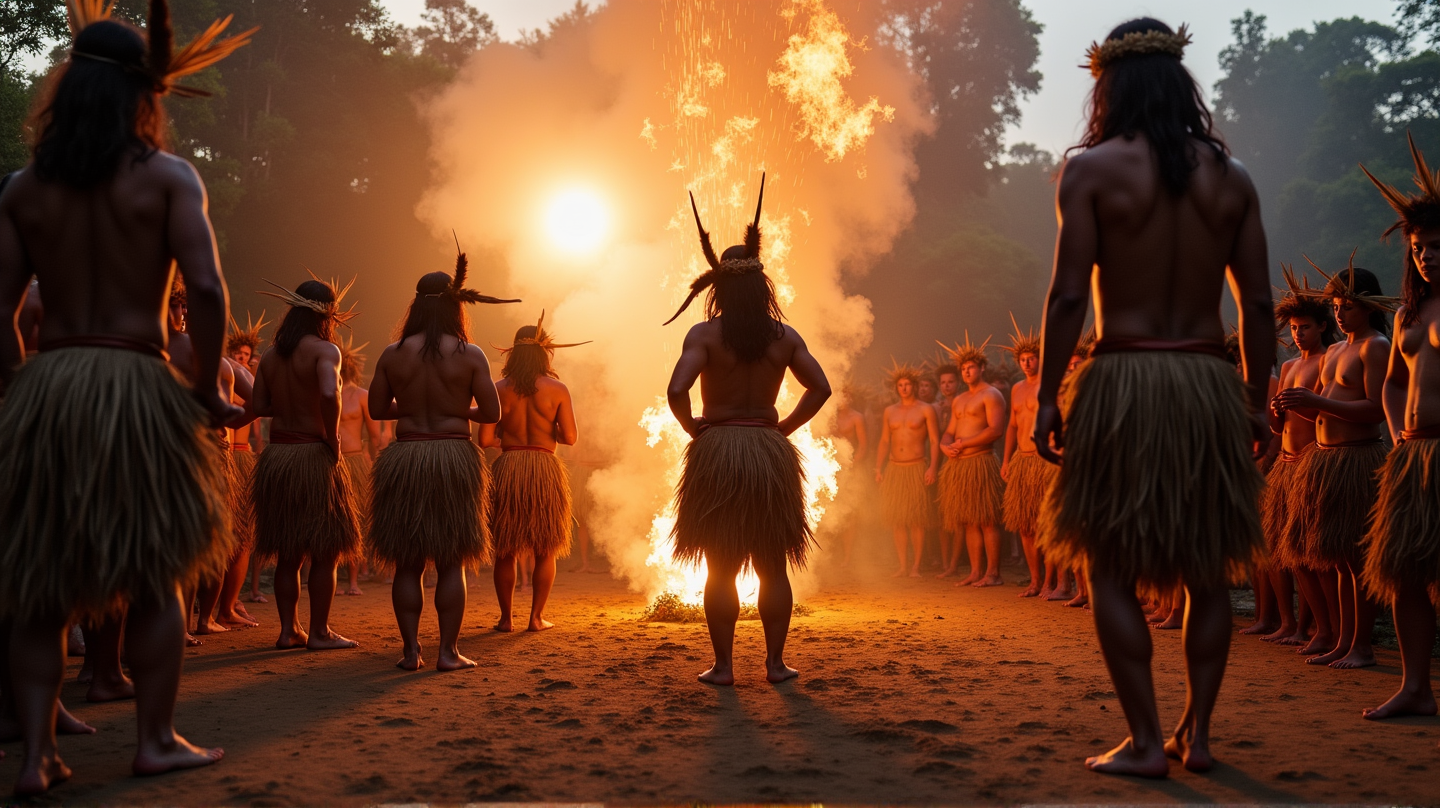Māori Tourism: New Zealand's Cultural Jewel Captivates the Globe
Explore how Māori tourism weaves New Zealand's vibrant cultural heritage with modern-day sustainable practices in a thriving industry.

New Zealand’s Māori tourism sector is on the rise, becoming one of the most vibrant elements within the tourism industry. This unique niche not only offers tourists a glimpse into the rich history and identity of tangata whenua (indigenous people) but also enriches communities and bolsters the country’s economic tapestry.
A Unique Cultural Experience
Māori tourism stands apart from traditional tourism models by providing immersive experiences deeply rooted in tikanga (customs), te reo Māori (language), and mātauranga Māori (knowledge). According to Waatea News, tourists are invited to engage in activities like pōwhiri (welcoming ceremonies), guided walks through native landscapes, and learning traditional crafts—activities that transcend mere entertainment and build profound cultural connections.
Economic Impact and Growth
With its roots in both livelihood and cultural preservation, Māori tourism significantly contributes to the national economy. Pre-pandemic, this industry brought in over $1.5 billion and is poised to surpass these figures as global travel returns to its full pace. More than a lucrative economic avenue, it supports family-owned businesses, encourages regional employment, and aids iwi (tribe) growth by directing profits into social services and education.
Facing Modern Challenges
Although flourishing, Māori tourism isn’t without its hurdles. Securing funding, maintaining ownership, and balancing cultural authenticity with commercialism remain persistent challenges. Ongoing government partnerships and funding initiatives like Te Pūnaha Hihiko play crucial roles in overcoming these challenges, aiding in workforce development and the rebuilding efforts post-COVID.
Leading in Sustainability
Amidst new challenges like climate change affecting sacred sites, Māori tourism operators are at the forefront of integrating kaitiakitanga (environmental stewardship) into their business practices. This environmentally conscious approach positions Māori businesses as leaders in sustainable tourism, aligning them with global demand for eco-friendly yet culturally rich travel experiences.
The Global Allure and Future Prospects
As international interest in authentic cultural experiences grows, Māori tourism offers something distinct. Overseas visitors are increasingly intrigued by indigenous knowledge systems and traditional healing practices. Simultaneously, within New Zealand, there is a burgeoning interest among residents eager to deepen their connection to the country’s bicultural narrative.
With its ability to weave together tradition and modernity, Māori tourism stands at the crossroads of cultural preservation and economic innovation, beckoning the world to explore its treasures.

